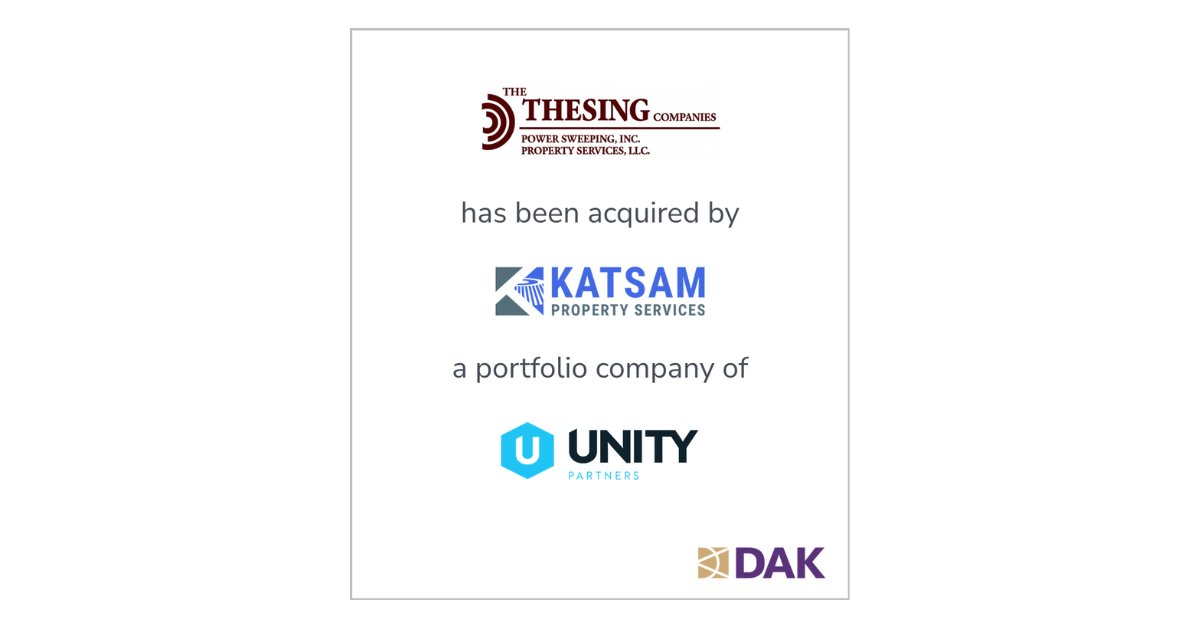As a savvy New Jersey business owner, you know what it takes to run your company successfully, generate sales, and secure growth. However, selling your business requires a different set of skills. You only have one chance and you don’t want to make a mistake. If you are contemplating or pursuing a sale, it will be one of the most important transactions of your lifetime and you cannot risk making any errors. Here are the top three critical mistakes many business owners commit during the sale process – and how to avoid them.
Mistake #1: Not Being Thoroughly Prepared
Business owners who fail to plan ahead for a sale transaction often leave a significant amount of value on the table. Preparation and planning require looking deeply into all facets of the company through the lens of a potential buyer. With your advisors, evaluate how buyers would look at your business from the outside, considering their perspectives, protocols and business goals.
Comprehensive planning and preparation make it less likely that the prospective buyer will be the first to identify problems and use them as a negotiating leverage to reduce the value of an offer. You want to control the narrative instead of playing catch-up and defense.
When you take the time to analyze your business from a buyer’s perspective, it gives you the opportunity to avoid what could be damaging issues. Some of these considerations include obtaining supportable financials, ensuring all patents and trademarks are up to date, and protecting key employees with a non-compete or non-solicitation agreement.
Mistake #2: Underestimating Your Company’s Value
Owners who do not fully understand their business value often leave 20%-50% of its value on the table.
As the seller, it is your responsibility to paint a compelling picture of the future so the prospective buyer can understand the accretive value your business provides. The key is to understand what the company is worth to the buyer, considering their economics and potential to grow the business and increase its value and position.
Buyers also tend to pay more for a deal they believe is competitive. For the seller, a competitive process provides optionality, affording them the ability to drive-up the value of the business, while negotiating key deal terms, ensuring an optimal outcome.
Mistake #3: Quickly Taking a So-Called “Offer You Can’t Refuse”
Business owners are often approached by buyers who want to acquire them rapidly with an “offer you can’t refuse.” If this happens, step back and analyze the offer with the help of an expert team.
Consider the value drivers that are attractive to this buyer and if there could be other interested buyers. An offer may “sound” compelling, but without any comparison, you have no idea how much you could earn if a competitive process was initiated.





